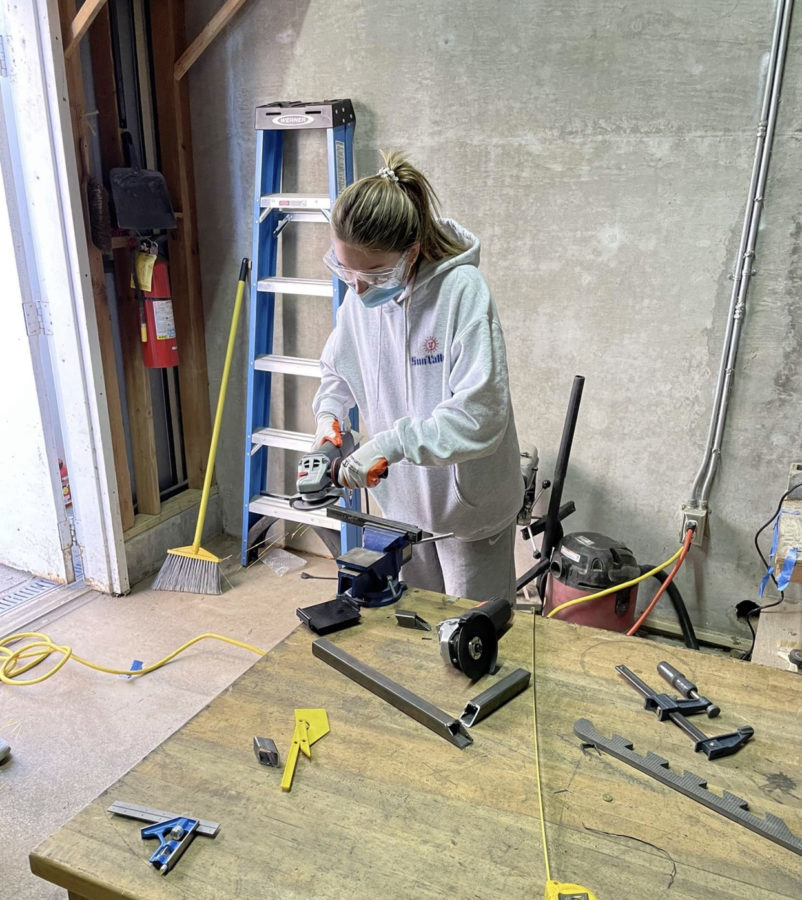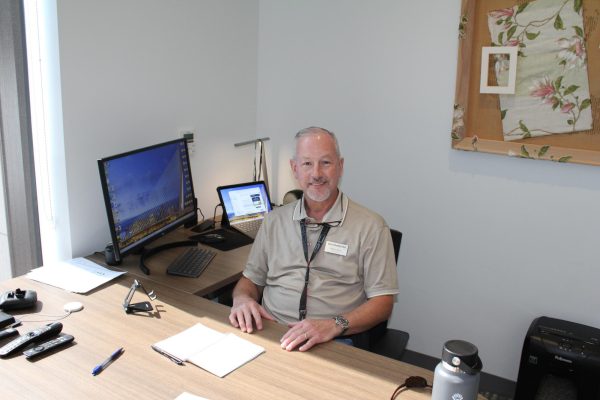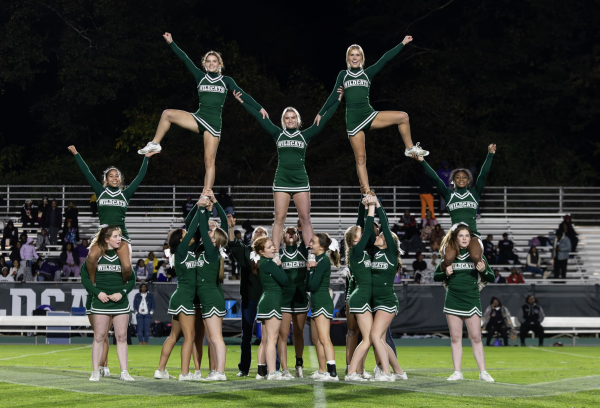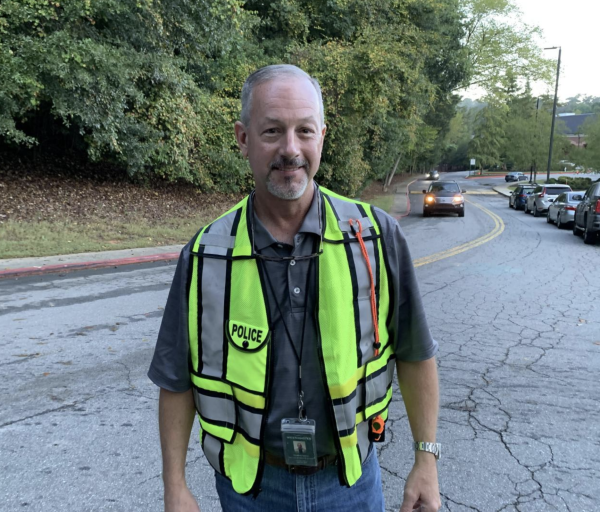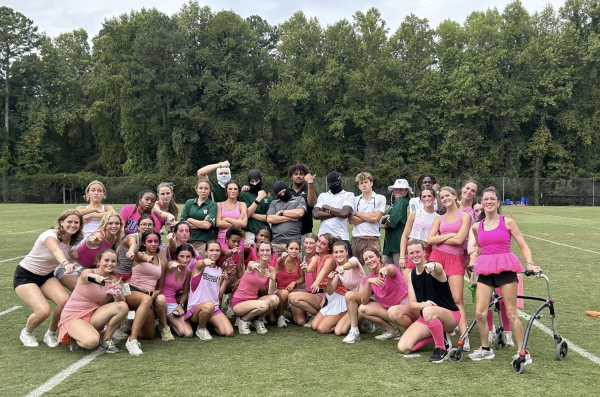The effects of the Omicron variant at Westminster and throughout the world
Over the winter holidays, COVID-19 cases in Georgia have risen largely due to the new Omicron variant. This new variant is spreading all over the globe. New daily Omicron cases worldwide have been surpassing one million, compared to an average of one hundred thousand cases in the US. Some symptoms of this new variant include fever, chills, coughing, shortness of breath, and fatigue. Though its symptoms are confused with those of a common cold, the Omicron variant is markedly different as the loss of taste and smell and headaches are common symptoms.
“Because the goal of a virus is to survive, replicate, and spread, it tends to evolve toward being more infectious and less deadly,” said Jared Auclair, a Biopharmaceutical Analysis Training Lab lead studying the variant at Northeastern University.
The Omicron strain is seemingly milder in its effects but more transmissible. Even though the milder strain has brought a sense of relief, the CDC highly recommends eligible individuals to get vaccinated and wear a mask in public.
“Although the disease and its symptoms are not lethal or super severe for us students, it can make you miss a week of school and fall behind,” said sophomore Andrew Su. “Also, you could potentially transmit it to someone who will have a harder time dealing with the symptoms.”
It is crucial to keep each Wildcat family healthy during the Omicron pandemic. In light of the new variant, the Westminster Covid Support Team has implemented a series of precautionary measures for safely launching the spring semester.
“On JanTerm trips, there have been many additional rules such as no congregation in hotel rooms, masked bus trips, emphasis on eating outside, and social distancing,” said senior Neil Poddar.
Masking indoors reduces the air particles from flying around the room, which stops COVID from being passed around. Westminster’s COVID support team will continue to follow the CDC’s instructions as well as modify the plans as needed to keep our campus safe and open without interfering with students’ education.
“From the music-making side of things, we are continuing inside with some versions of earlier protocols, although, other than the initial aerosol project studies of summer/fall 2020, there has been no recent research about viral transmission in instrumental and choral music settings,” said Scott Stewart, chair of the Upper School performing arts department.
Fortunately, many students who participate in Westminster’s performing arts were able to practice and continue hosting concerts during the holidays.
One solution that may reduce the symptoms of COVID is getting the two shots of the vaccine, followed by a booster shot.
“For people who have been vaccinated, but have not had a booster, typical symptoms include more coughing, more fever, and more fatigue,” said the director of Global Health in Emergency Medicine at Columbia University Medical Center Craig Spencer.
Science proves that getting vaccinated reduces the symptoms and, ultimately, the chance of death. Some of the most prominent vaccines are under the production of Pfizer, Moderna, and Johnson and Johnson. One main benefit of getting the vaccine is the acquisition of antibodies that are produced by one’s immune system. When the vaccine gets injected into the body, it stimulates the immune system to create antibodies that will neutralize the virus. Therefore, immunity gets built up, which results in milder symptoms. Currently, over 300 million Pfizer vaccines have been distributed, over 50 percent of Georgians are fully vaccinated, and around 62 percent have at least one dose of the vaccine.
“Talking to people is different; it’s a lot better than Zoom,” said sophomore Albert Tang.
Wearing masks hinders the ability to be close to friends and create new relationships with different people, but Westminster students are capable of overcoming that barrier. As a result, Westminster continues to add activities during community time to help create friendships during this trying time. In 2022, Westminster reverted back to running JanTerm classes in which students spent three weeks with different students to learn about a specific topic. These topics ranged from thermodynamics in AP Chemistry to traveling to destinations such as England, Poland, and Disney World.
“Stress levels are very high now with Omicron because with how contagious it is, it feels a little bit more like when COVID first started,” said Tang.
Even though Omicron may be a threat, Westminster students are fortunate enough to continue in-person learning while feeling they are learning in a safe environment.

